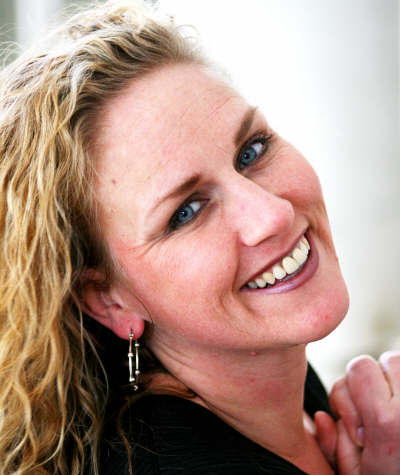Center for Instructional
Innovation and Assessment
INNOVATIVE TEACHING SHOWCASE
2002
2003
Institutional Goals
Listed below are selected learning outcomes in the area of critical thinking that Western Washington University is actively integrating into its curriculum. Each learning outcome is listed with its definition, along with a description of how Deborah Currier's teaching strategies meet each of these student learning outcome goals.Critical Thinking
| Learning Outcomes | Definition | Course Outcomes |
|---|---|---|
| Identification | Accurately identifies and interprets evidence. | Students are required to identify, interpret and modify (as necessary) age-appropriate material for dramatization in relation to the students with whom they are working. |
| Alternative Consideration | Considers major alternative points of view. | In directing and leading workshops, students are required to consider alternative perspectives and interpretations from student participants as well as interweaving alternative themes and ideas given within the drama itself. |
| Accurate Conclusions | Draws warranted, judicious, non-fallacious conclusions. | The outcomes of both workshops and performances are immediate, hands-on conclusive demonstrations of the theories put into practice. |
| Justification | Justifies key results and procedures, and explains assumptions and reasons. | The outcomes of both workshops and performances are immediate, hands-on conclusive demonstrations of the theories put into practice. |
Source: Adapted from the California Academic Press's Holistic Critical Thinking Scoring Rubric (HCTSR).
Writing
| Learning Outcomes | Definition | Course Outcomes |
|---|---|---|
| Rhetorical Knowledge | Focuses on a clear rhetorical purpose and responds appropriately to the needs of varied audiences and situations. | Students must adapt various sources of literature to dramatic form, focusing on writing age-appropriate dialogue and situations. |
| Critical Analysis | Develops, examines, situates, and communicates a reasoned perspective clearly to others. | Before entering the classroom on a service-learning project, students are required to develop and justify the lesson in its entirety, with detailed instructions, activity outlines and projected outcomes of the assignment in essay form. |
| Composing Processes | Understands writing as a recursive process that involves drafting, re-thinking, editing, reconceptualizing. | When adapting literature for readerís theatre, chamber theatre and/or full production, students go through a drafting, re-drafting and editing process with the instructor. |
| Convention Knowledge | Uses appropriate conventions for documentation and for surface features such as syntax, grammar, usage, punctuation, and spelling. | Students learn the various forms of scripting literature to performance, including conventions of various styles of presentation based on adaptation. There are several assignments in which writing technique is the focus. |
Source: Adapted from the California Academic Press's Holistic Critical Thinking Scoring Rubric (HCTSR).
Source: Adapted from Western Washington University's Learning Outcomes for Writing II.


